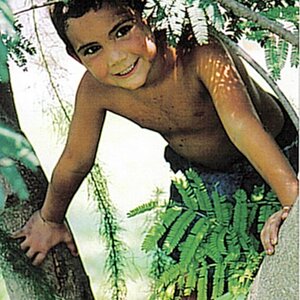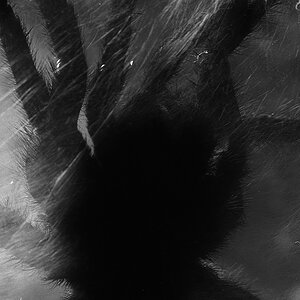fmw
No longer a newbie, moving up!
DocFrankenstein said:Fred - it's nice to hear from someone who's done the testing himself.
Which brands did you compare and which filters?
Thanks
It has been a long time and I can't find the write up at the moment. We tested filters for 35mm, medium format and large format. The 35mm filters were a mix of Nikon, B+W, Leica, Tiffen, Hoya and Adorama house brand. We tested UV filters mainly because they are plain optical glass with nothing added.
The panel did the photography. We asked each panel member to take the same camera and lens and filters and shoot whatever he wanted, suggesting some shots into light sources as well as front lit subjects. We shot everything on KM25 and had the camera tripod mounted. When we finished, we all got together and had the group view transparencies with my Schneider 8X loupe. We also projected the transparencies on my Carousel projector for a second round. The panel members didn't know who made the images or which filter was used for which image. The person who shot each roll would identify the filters in each frame for me and I would put number codes on them that nobody but me knew.
The panel then tried to identify the filters and match them with the slides. They couldn't do it. Not even close.
The reason I did this test is that I had been reading some things that talked about the same things that dsp mentioned above and I wondered if it were true. Since I do a lot of lens testing and I'm pretty familiar with how optical glass works on cameras, I put this concept to the test just to find out. The panel members were astonished. None of them expected this result. I wasn't that surprised about it.
I used this same panel (colleagues of mine) to do some other tests. It was a chance to get together in the studio and share some pizza and beer and, perhaps, shoot an attractive model. It was always interesting to see what happens when you take preferences and prejudices out of the picture. Do you think the panel could tell studio shots made with a Hasselblad vs. a Mamiya RZ 67 with a 6X6 back? Not even close. Pure random guessing. Could they tell a Tamron macro lens from a Micro Nikkor? Nope. Some of us changed our buying habits over those get togethers.


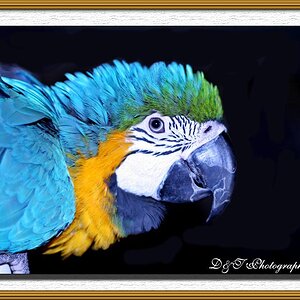

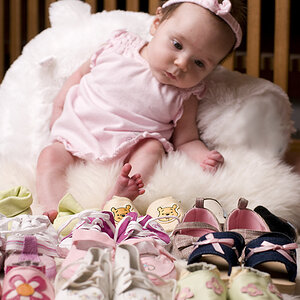
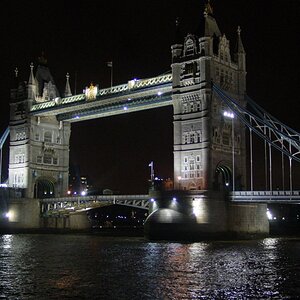
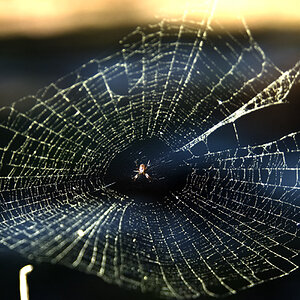
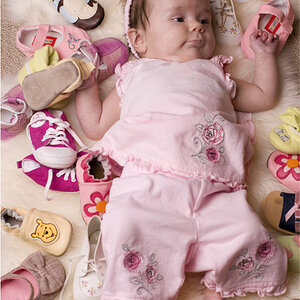
![[No title]](/data/xfmg/thumbnail/32/32702-7344d6e6132276dd7bfc046084fea432.jpg?1619735604)
